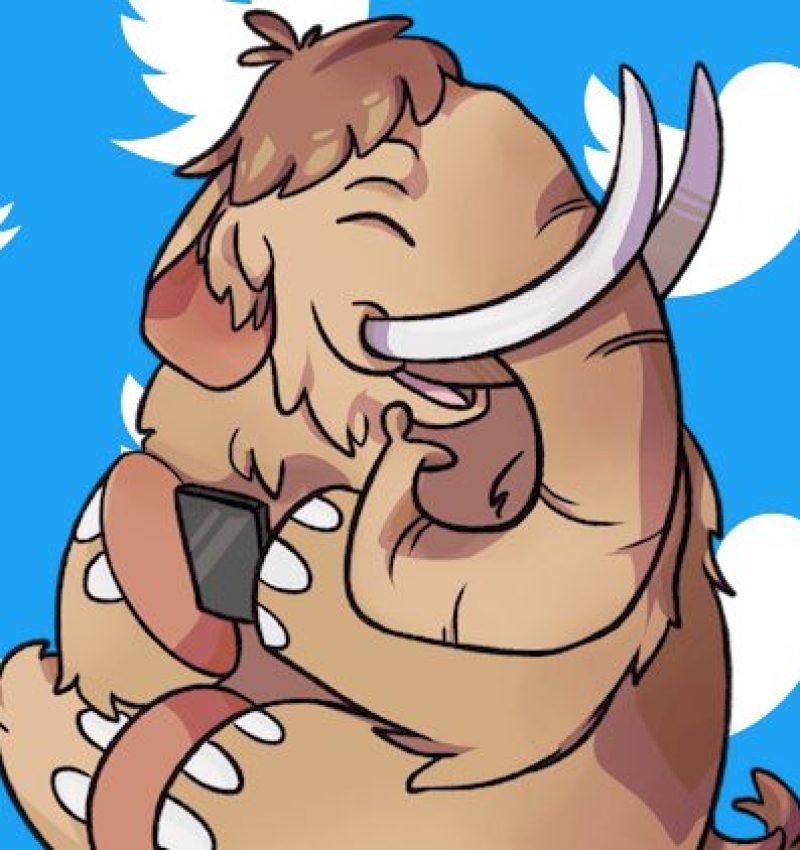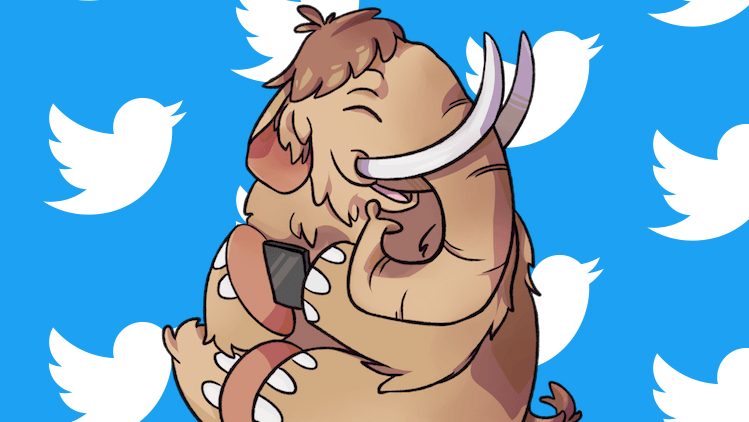
Mastodon is a social media platform similar to Twitter that’s gained a surge in users over the last week by attracting many of those dissatisfied with the better established social media giant.
As a result, the network’s naturally attracted some media attention and caused many to proclaim Twitter dead. Those claims may not turn out to be wrong, but they’re most certainly premature. Here’s a brief explainer to cut through the hype:
What is Mastodon?
Mastodon is a micro-blogging site, much like Twitter, that lets users share short messages. In Mastodon’s case, these messages are called “toots” and they have a 500 character limit. The platform’s gained about 18,700 users since Saturday, according to this tracking bot.
If it’s so similar, why are people leaving Twitter for it?
Mastodon appeals to people that value privacy and might be fed up with harassment found on other social media networks—particularly on Twitter. Each toot has its own privacy setting, so the user doesn’t have to choose between a completely public or private account.
The new platform also has a strict policy regarding abusive speech—covering racism, xenophobia, sexism, violent nationalism—and bans users that violate it. Toots can be flagged with a content warning to prevent others from clicking on something they may not want to see, such as violence or nudity. Toots that aren’t flagged with that type of content are removedalso from public timelines.
Twitter has gotten some flack lately from its users for making changes, like moving away from a chronological timeline, without addressing others issues, such as harassment. It’s one of the reason’s why founder Eugen Rochko started Mastodon six months ago, according to The Verge.
While it bares some similarities, the platform’s much more complicated than Twitter. Mastodon is open-source, so anyone can create their own personalized version. The platform’s built in a decentralized manner, so users choose what server stores their information via different Mastodon sites, called “Instances.” The first Instance was closed Tuesday because so many tried to join, but there’s a number of different ones available. Toots from all the Instances across Mastodon are aggregated into one “federated timeline,” as Rochko puts it.
So, will Mastodon be the end the of Twitter?
Social media platforms rise and fall very quickly and often times “next Twitter” or the “next Facebook” is rarely the case. Look to networks like Ello and Peach, as examples. Then again, Snapchat was pegged by many critics as an app that wouldn’t stick around despite its surge in followers—and it’s doing just fine today.
Mastodon might actually catch on because of a perfect storm of social and political trends. The rise of abusive speech online has been a complaint of many social media users for a while, but it may have finally reached critical mass with the lead up and follow up to the 2016 presidential election. Many Twitter and Facebook users are also bothered by the monetization of their data. Mastodon plans to get around this via crowdfunding. Rochko created a Patreon account, which allows people to pledge monthly donations, to fund the cost of running the site )and his living expenses).
All things considered, Mastodon could be a blip on the radar or watershed moment. The platform already has a slow creep of corporate accounts, like Walmart according to Mashable. That may be enough to turn off the fickle masses.
—Matthew Reitman for RealClearLife
This article was featured in the InsideHook newsletter. Sign up now.
























